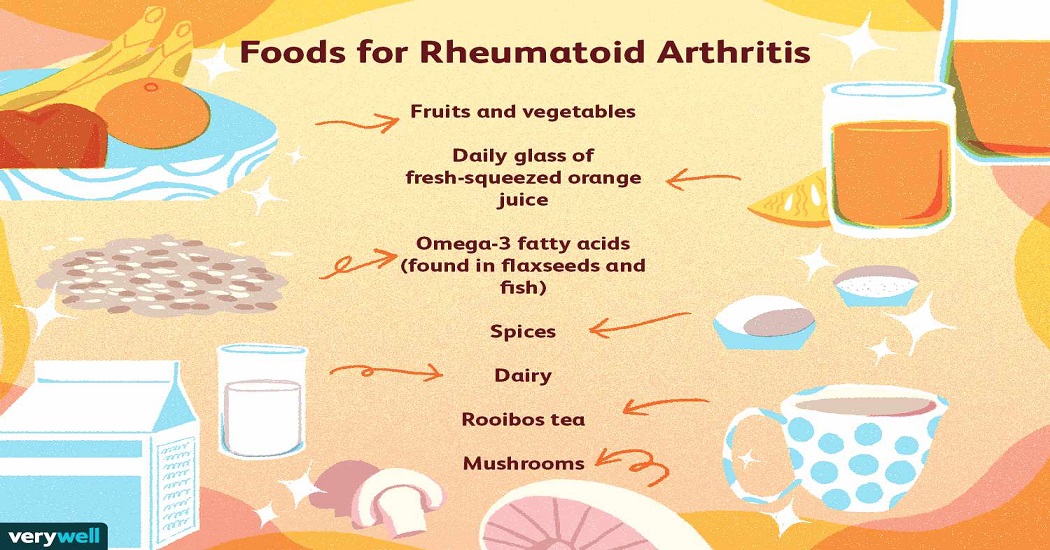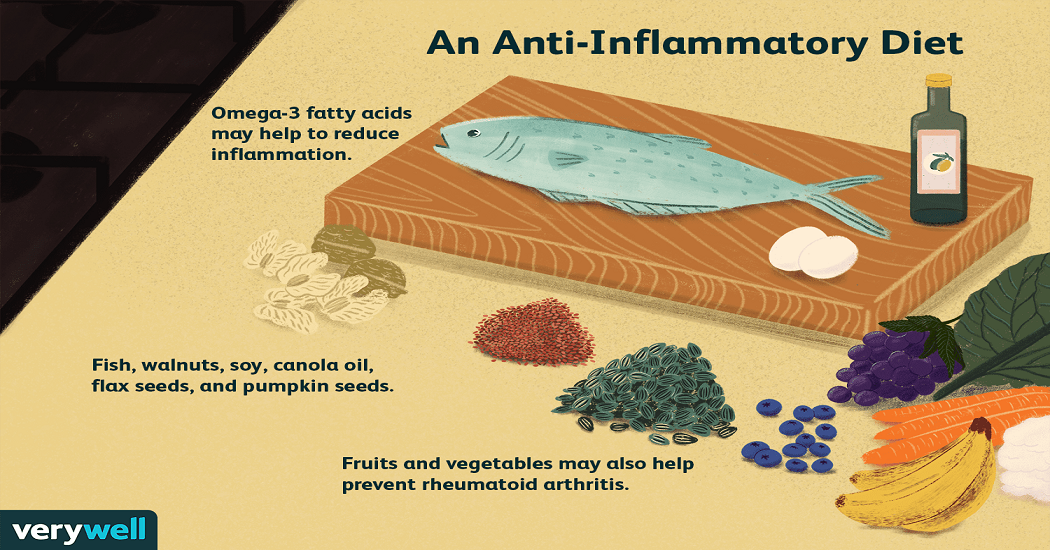Rheumatoid arthritis (RA) is chronic inflammatory disorder that primarily affects joints. Managing RA often involves a combination of medications, lifestyle adjustments, and dietary changes. While supplements can be beneficial in some cases, certain ones may exacerbate symptoms or interfere with prescribed treatments. Here are five supplements that individuals with RA should avoid or limit.

Echinacea
Potential Issues:
Echinacea is commonly used to boost the immune system and combat colds. However, RA is an autoimmune disease, and echinacea can potentially stimulate the immune system in a way that worsens autoimmune activity. This may lead to increased inflammation and exacerbation of RA symptoms.
Expert Advice:
If you have RA, it is advisable to consult with your healthcare provider before taking echinacea. They may recommend alternative methods to support your immune system that do not pose a risk of aggravating your condition.
St. John’s Wort
Potential Issues:
St. John’s Wort is often used for its antidepressant properties. However, it can interact with various medications commonly prescribed for RA, such as methotrexate and certain biologics. These interactions can reduce the effectiveness of RA treatments or increase the risk of side effects.
Expert Advice:
Discuss with your rheumatologist or primary care physician before considering St. John’s Wort, especially if you are on a regimen of RA medications. Alternative treatments for mood disorders should be explored that do not interfere with your RA management.
High-Dose Fish Oil
Potential Issues:
While omega-3 fatty acids found in fish oil can have anti-inflammatory effects beneficial for RA, high doses can lead to issues such as blood thinning and an increased risk of bleeding. This is particularly concerning for patients taking nonsteroidal anti-inflammatory drugs (NSAIDs) or blood thinners as part of their RA treatment.

Expert Advice:
Moderation is key with fish oil supplements. Adhering to recommended dosages and consulting with your healthcare provider ensures you gain the benefits without undue risks. Incorporating omega-3s through diet, such as consuming fatty fish, may be a safer approach.
Glucosamine and Chondroitin
Potential Issues:
These supplements are often taken for joint health and osteoarthritis but may not be suitable for those with RA. There is limited evidence supporting their effectiveness in RA, and they may interact with blood-thinning medications, potentially increasing the risk of bleeding.
Expert Advice:
Consult with your rheumatologist before using glucosamine and chondroitin. They can provide guidance on more effective treatments tailored to RA and monitor any potential drug interactions.
Ginkgo Biloba
Potential Issues:
Ginkgo Biloba is used for improving cognitive function and circulation. However, it has blood-thinning properties, which can be problematic for RA patients on anticoagulants or NSAIDs. This can lead to an elevated risk of bleeding complications.
Expert Advice:
Before starting Ginkgo Biloba, a thorough discussion with your healthcare provider is essential. They can assess the potential risks and suggest alternative supplements or treatments that do not interfere with your RA medications.
Conclusion
Managing rheumatoid arthritis effectively requires careful consideration of all treatments and supplements. While some supplements can offer benefits, others may pose risks or interfere with prescribed therapies. Always consult with your healthcare provider before adding any supplement to regimen. By doing so, you can ensure that your approach to managing RA is both safe and effective.
FAQs
1. Can I take vitamin D supplements with rheumatoid arthritis?
Yes, vitamin D is often recommended for RA patients, especially if they have a deficiency. It can support bone health and modulate the immune system.
2. Are there any natural anti-inflammatory supplements safe for RA?
Turmeric (curcumin) is one example of a natural anti-inflammatory that may benefit RA patients. However, always consult with healthcare provider before starting any supplement.
3. Should I avoid all supplements if I have rheumatoid arthritis?
Not necessarily. Some supplements can be beneficial. The key is to choose them carefully and under the guidance of your healthcare provider.
4. Can dietary changes help manage rheumatoid arthritis symptoms?
Yes, certain dietary changes, such as increasing intake of anti-inflammatory foods and reducing processed foods, can help manage RA symptoms.
5. What role do probiotics play in managing rheumatoid arthritis?
Probiotics may help in managing gut health and inflammation, potentially benefiting RA patients. However, more research is needed, and you should consult your healthcare provider before starting probiotics.